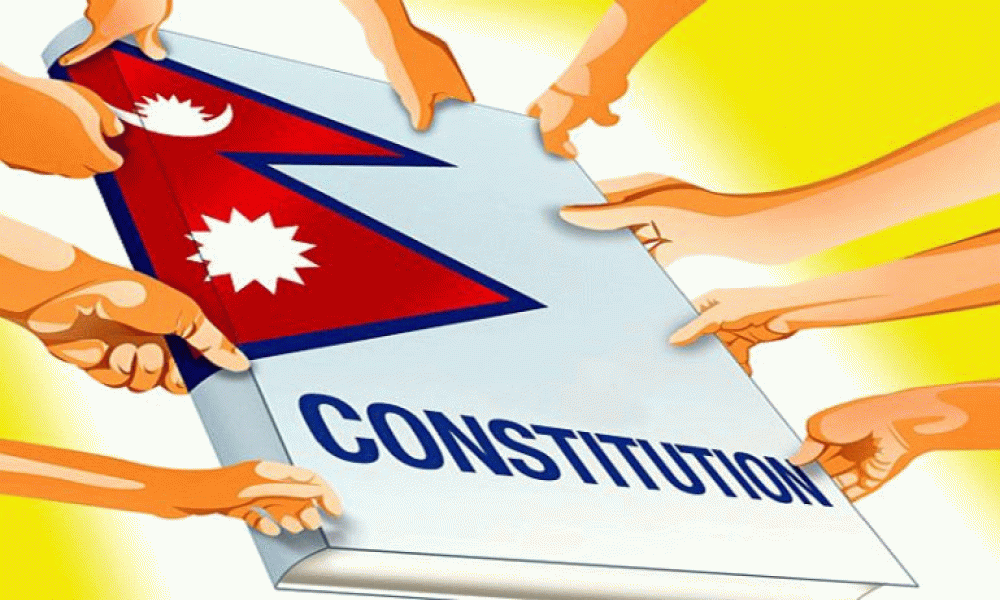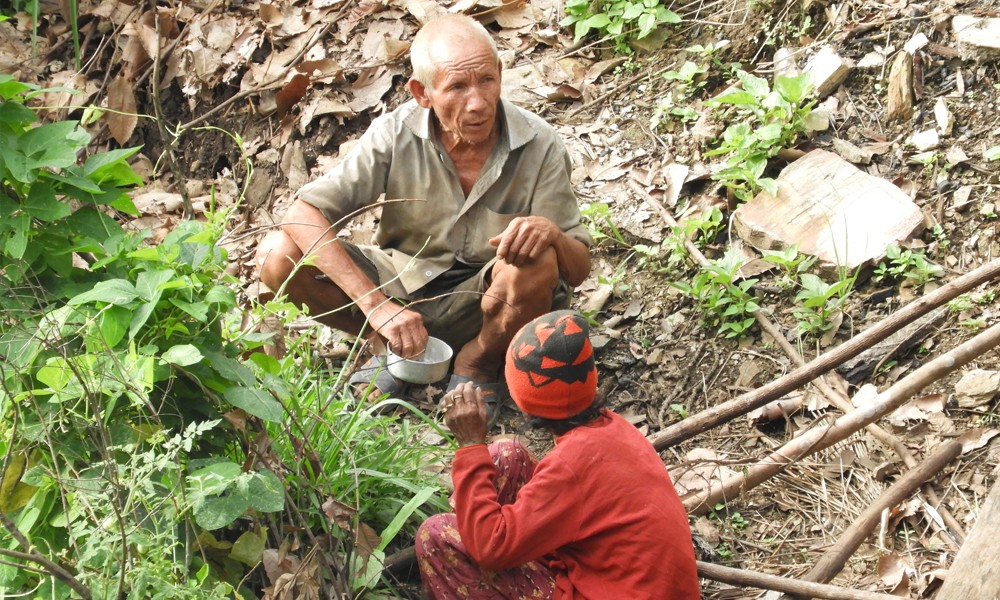Sanjay Kumar Chaudhary
The poor peasants and the working class people have always been at the receiving end of mistreatment by the state. And it is also true that Dalits, Adivasi Janajatis, Muslims and non-Hindu identity groups have always faced discrimination on the basis of their language, religion, culture, tradition and social practices.
Class issues dominated the debate in Nepal's political sphere for decades, undermining the need for a robust dialogue on caste, ethnicity and gender-based discrimination. As a result, people subjected to various forms of discrimination – not economic – were never the centre of political and social dialogue. The marginalized and excluded people were just used by the political elite as their 'vote banks'. Indifference to understanding the roots of caste, ethnicity and gender-based discrimination helped perpetuate exclusion and marginalization of Dalit, Madhesi, Janajatis, women, Mulsims, Tharu and other minority groups.
The poor peasants and the working class people have always been at the receiving end of mistreatment by the state. And it is also true that Dalits, Adivasi Janajatis, Muslims and non-Hindu identity groups have always faced discrimination on the basis of their language, religion, culture, tradition and social practices. And there is another dimension to it: gender based discrimination perpetuated by the patriarchal society. The state, which should ideally be discouraging all forms of discrimination, has always acted otherwise. It is safe to say that the Nepali state, through discriminatory policies and laws, has promoted exclusion and marginalization.
Redefining social contradictions and inter-dependence prevalent in the Nepali society for ages is important to end all forms of discrimination. Sociologists say equality, justice and freedom are prerequisites to end social contradiction and build inter-personal relations in a diverse and multicultural society. In this context, we have envisioned restructuring of the state. We needed a new constitution for this purpose. A constitution that fails to restructure the state in a way every community feels equal in Nepal is meaningless.
Redefining social contradictions and inter-dependence prevalent in the Nepali society for ages is important to end all forms of discrimination. Sociologists say equality, justice and freedom are prerequisites to end social contradiction and build inter-personal relations in a diverse and multicultural society
The oppressed communities have sought constitutional guarantee for their proportional representation in state organs. They have not just demanded their participation but leadership, too. The Kathmandu-centric political elite have failed to understand these aspirations of the oppressed communities. This is where lie the roots of the current political and economic crisis of Nepal.
In its preamble, Nepal's new constitution has recognized diversity and multi-culture as distinct characteristics of the country. Success of this constitution depends largely on how much it lives up to the ethos of multi-culturalism. The constitution is needed to end discrimination and exclusion and create an equal society. If the constitution fails to contribute to empowering the excluded communities and make them equal, its very purpose is undermined.









